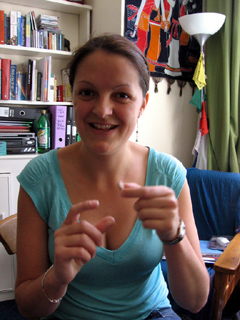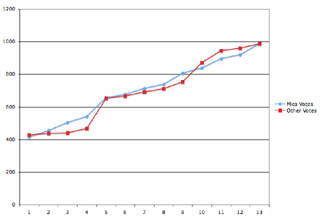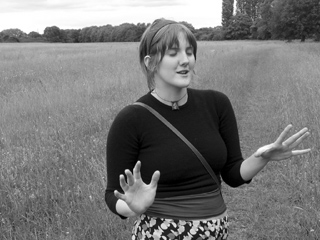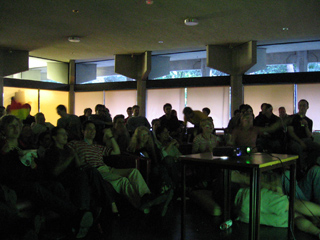 I finally feel as though I am getting a bit of traction on various projects. I’ve finished one of the three papers that have been hanging over me. By the time I meet Andrew Hurrell on Monday afternoon, I am resolved to have the paper on the Arab-Israeli conflict done, also. Thankfully, it is fairly similar to a paper I wrote in Michaelmas term about the interwar period in the Middle East and the causes of subsequent instability. In addition to academic work, I have printed some resumes and begun dropping them off at another batch of places. While I rather like the idea of a book shop, the tempting agencies that have been suggested to me by many people are becoming a possibility that I am distinctly considering. That, plus a few smatterings of academic work, might be able to constitute a reasonable employment path for the summer.
I finally feel as though I am getting a bit of traction on various projects. I’ve finished one of the three papers that have been hanging over me. By the time I meet Andrew Hurrell on Monday afternoon, I am resolved to have the paper on the Arab-Israeli conflict done, also. Thankfully, it is fairly similar to a paper I wrote in Michaelmas term about the interwar period in the Middle East and the causes of subsequent instability. In addition to academic work, I have printed some resumes and begun dropping them off at another batch of places. While I rather like the idea of a book shop, the tempting agencies that have been suggested to me by many people are becoming a possibility that I am distinctly considering. That, plus a few smatterings of academic work, might be able to constitute a reasonable employment path for the summer.
With regard to the planned European trips, it seems increasingly clear that finding other people who want to come along and are free to do so will be very hard. This I find particularly regrettable, as living in this empty house is providing a constant reminder of how much better I generally operate and enjoy myself when surrounded by friends. Regardless of that, I should probably go ahead and book at least one trip while the ticket prices are not as high as they will surely become. I need to find out whether my cousin Jiri in Prague is going to be around there this summer. If I can stay for free with him, I could fairly easily justify spending a couple of weeks there. While it wouldn’t be somewhere new to me – like Dublin or Istanbul would be – it would nonetheless be somewhere that I know to be interesting and enjoyable.
My parents are keen on me visiting Vancouver at some point towards the end of the summer. Naturally, I would be very keen to do so; spending two entire years without seeing my brothers or my friends in Vancouver is not something that I ever wanted to do. At the same time, I am anxious about spending so much on airfare prior to a year for which I have managed to secure no funding. The weight of all those failed scholarship applications is something I feel quite acutely at the moment.
PS. Does anybody know about interesting groups in Oxford that meet regularly over the weekend? With classes over, roommates gone, and friends departing, I am feeling a lack of scheduled activities where it is possible to meet people. Book clubs, photographic societies, walking or hiking clubs, and the like are all appealing possibilities.




